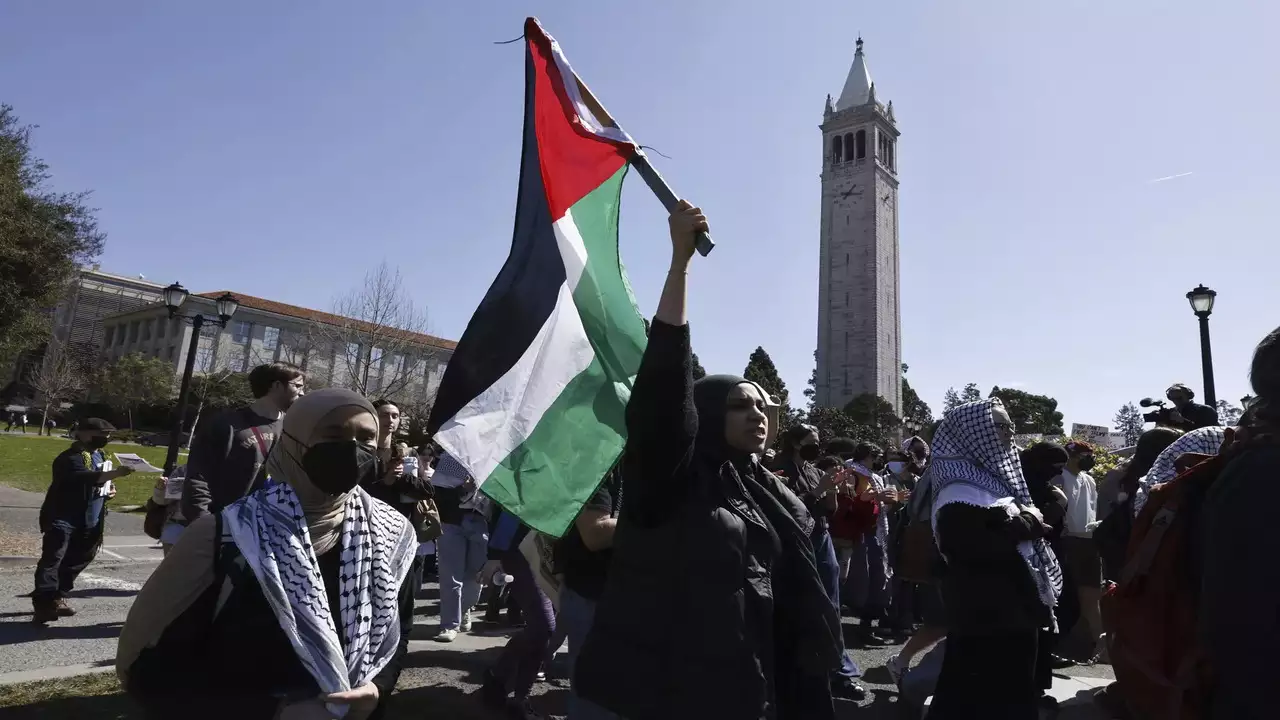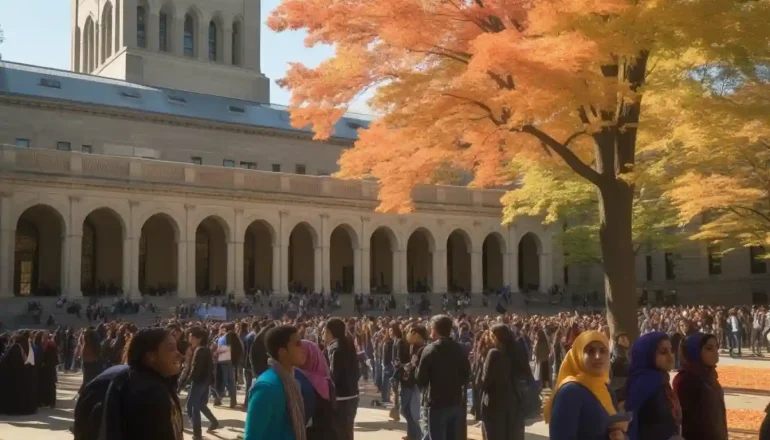Columbia University has expelled, suspended, or revoked the diplomas of students who participated in the takeover of Hamilton Hall during pro-Palestinian protests last spring. The university announced that a judicial board had reviewed the actions of those involved and determined penalties based on the severity of their participation.
However, Columbia did not disclose the exact number of students affected by each form of punishment. The announcement marks the conclusion of a months-long investigative and disciplinary process, which has been closely watched amid broader debates about campus activism and free speech.
Student Protests Escalate, Leading to Police Crackdown and Federal Political Pressure
The disciplinary actions stem from a series of demonstrations against the war in Gaza, which escalated when students occupied Hamilton Hall on April 30, 2024. Protesters barricaded themselves inside the building using furniture and padlocks, prompting university officials to request police intervention.
The following night, New York police officers entered the campus and arrested dozens of students involved in both the building occupation and an earlier tent encampment protest. While criminal charges against most students were later dropped, the university continued its own disciplinary proceedings.

The decision to expel and suspend students comes amid mounting pressure from federal authorities and Congressional Republicans. The Trump administration recently revoked over $400 million in federal funding to Columbia, accusing the university of failing to address antisemitism on campus.
Lawmakers specifically pointed to the Hamilton Hall protest as an example of the university’s inaction. Meanwhile, the arrest of Palestinian campus activist Mahmoud Khalil by federal immigration officials has intensified political tensions, with Trump calling it the first in a series of similar detentions.
Legal Battle Over Student Records and Concerns About Free Speech Rights
Columbia’s disciplinary process has also drawn scrutiny from Congress, which demanded access to student records related to campus protests. In response, Khalil and seven other students filed a federal lawsuit seeking to block the release of these records, arguing that the investigation violates their First Amendment rights and is aimed at suppressing dissent.
The Republican-led House Committee on Education and the Workforce, however, insists that obtaining this information is crucial for holding universities accountable for their handling of campus antisemitism. Columbia and its affiliated Barnard College have so far declined to comment on the pending litigation.
The university’s decision has sparked mixed reactions from faculty and free speech advocates. Some faculty members, including Gil Zussman from Columbia’s Task Force on Antisemitism, praised the expulsions as a necessary step to restore academic focus. However, concerns remain over the broader implications for student activism and freedom of expression.
Additionally, a new disciplinary board has been established to investigate further cases, including those involving students who have expressed criticism of Israel. As tensions persist, Columbia continues to face legal, political, and institutional challenges related to its handling of campus protests.

